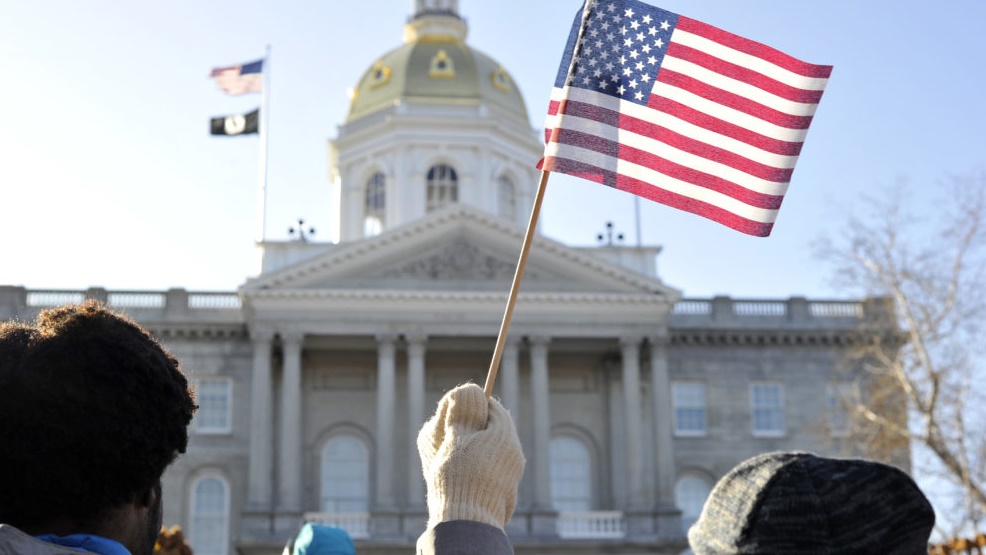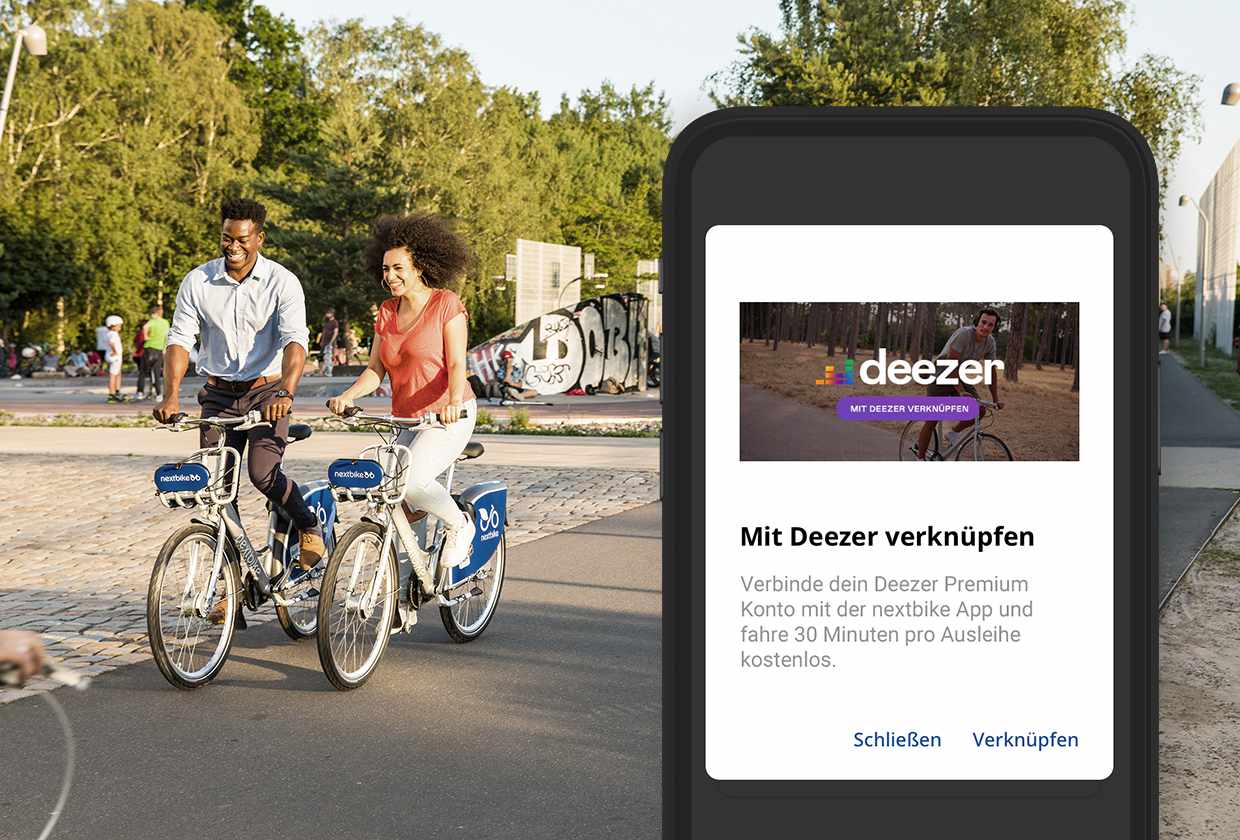You can now follow the latest news for free through our Twitter account
Click here to subscribe
—
New York : With the spread of the Corona pandemic, an increasing number of young Americans suffer from psychological disorders such as anxiety, depression, and even suicide, which pushes doctors, parents and professors to sound the alarm.
Millions of students and pupils who have been studying from their homes remotely since last March, are forced to stay for hours in front of the computer, absent personal interaction and the exercise of physical, artistic or musical exercises.
“There are days when I feel so sad and hopeless … like an endless nightmare,” says Sarah Frank, 18, from Tampa, Florida.
And because her family members suffer from health problems and therefore are more vulnerable to infection than others, she has been staying at her home since March.
“There are feelings of loneliness for me and for other teens,” said the young woman who last summer co-founded the State of Mind, a teen support site.
And Diana Cabota, a mother of two who have been following virtual lessons since the practice of classes at Arlington Public School in Virginia, reported increasing signs of depression in her 10-year-old son.
“He used to wake up in the morning and go back to sleep until noon. He used to say things like ‘I’m not smart’ and ‘I’m a failure’,” this psychiatrist told France-Presse.
“He was late with his homework and cried all the time (…) and he told me every day ‘I miss my friends +’,” she said. “For some children, it is worse. I hear all the time now of children taking medication,” she said, noting that she was unable to find a doctor to treat her son in Arlington because of the great demand.
There are no national statistics for 2020 on the phenomenon of teenage suicide, which has increased in the United States 10 years ago.
But some local cases are shocking: In Nevada, which includes Los Angeles, 19 students committed suicide since March, twice more than in 2019. And if it was not possible to directly attribute this to the pandemic, the authorities, which are under great pressure, announced that schools will soon reopen.
According to Carlos Arbalou, a treating physician at Lawrence School in Los Angeles, where studies have been completely hypothetical since March, “The level of insomnia and depression is significant.”
“If the Covid-19 epidemic for adults is a health crisis, then for children it is a mental health crisis,” said Susan Duffy, professor of pediatrics and emergency at Brown University.
According to the Centers for Disease Prevention and Control, visits by students in the age group between 12 and 17 to emergency units designated for mental illness increased by 31% between March and October 2020 compared to the same period in 2019, while in the age group from 5 to 11 years it increased 24%.
Susan Duffy is testing it first-hand at the Rhode Island State Hospital, where she works. Like many of her colleagues, she says, she “notes an increase in suicide attempts.”
“We see more children who want to harm themselves in what are considered hidden suicide attempts, and this is very worrying,” she added.
In the face of all this worrying data, the battle to reopen schools is still at its fiercest. Duffy says that the students “suffer from the absence of teachers or adults who are keen on them outside the family circle and who often reveal hidden signs of crisis, depression or anxiety.”
In the United States, the decision to open schools depends on each region. Currently, 38% of American schools only offer distance teaching, compared to 62% in September. According to the file’s website Purbio.
And at the end of January, a report by the Centers for Disease Prevention and Control encouraged the reopening of schools, stressing that schools that adhere to social distancing, putting masks and other health measures did not register a rapid outbreak of the virus.
But masters unions wary of infection are fighting back. In Chicago, a test of strength is taking place between the municipality and the unions, with a threat of strike, and in Los Angeles, the unions are demanding that all the professors be vaccinated before they reopen their doors.
Caputo says the students “have been imprisoned in homes for nearly a year. They are union prisoners.” The reopening of schools has become more urgent as the tension caused by the pandemic, the increase in unemployment and difficult conditions, has led to an increase in cases of ill-treatment within the same family, according to the Centers for Disease Prevention and Control.
“Those who report these cases are usually the teachers,” Caputo adds. “When parents feel despair, it leads to violent behavior, alcoholism, and physical and psychological violence,” she explains.
– .


